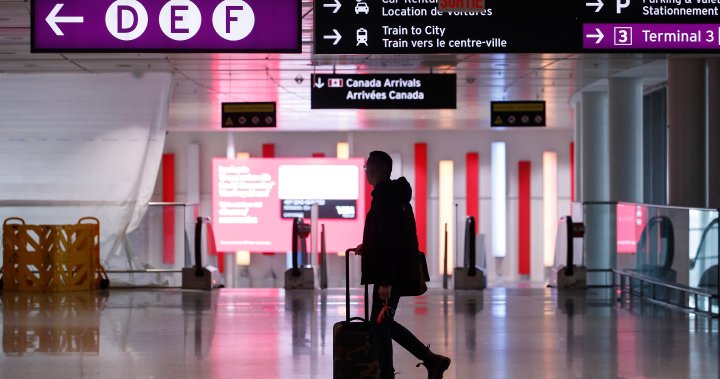The Canadian federal government is proposing significant revisions to the Air Passenger Protection Regulations (APPR), aiming to streamline and strengthen passenger rights in the event of flight disruptions. These amendments seek to address ambiguities and complexities in the existing regulations, which have led to numerous unresolved complaints and varying interpretations by airlines and passengers. The core principle underpinning these changes is a shift from a categorized system of flight disruptions to a more straightforward approach focused on whether the disruption was within the airline’s control, regardless of the reason. This move is intended to eliminate grey areas and ensure more consistent application of passenger rights.
One of the key changes involves the provision of essential services to stranded passengers. Under the proposed rules, airlines would be required to offer meals to passengers experiencing delays of two hours or more, along with overnight accommodations if necessary. This provision aims to mitigate the inconvenience and discomfort passengers face during extended delays, particularly those involving overnight stays. Furthermore, the timeframe for refunds in cases of cancellations, significant delays, or denied boarding would be reduced from 30 days to 15 days, aligning Canadian practices with those in the United States and the European Union and providing passengers with quicker access to their funds.
The amendments also seek to clarify the concept of “exceptional circumstances,” which are events outside the airline’s control, such as security threats, unscheduled airport closures, bird strikes, severe weather, or aircraft damage affecting flight safety. While these circumstances generally exempt airlines from compensation obligations, the proposed rules specify situations where compensation is still required. For instance, even in exceptional circumstances, airlines must rebook passengers on the next available flight, either on their own airline or a partner airline, if a flight is canceled or a passenger is involuntarily bumped. Similarly, rebooking is mandated if a passenger misses a connecting flight due to an earlier disruption on the same itinerary.
The proposed changes represent a significant departure from the previous APPR framework, which categorized flight disruptions based on the degree of airline control. This categorization proved cumbersome and resulted in inconsistent outcomes for passengers. The Canadian Transportation Agency (CTA), responsible for enforcing these regulations, reported receiving over 150,000 air travel complaints since the 2019 implementation of the original APPR, many of which remain unresolved. The sheer volume of complaints highlights the need for clearer and more effective regulations. The new approach aims to simplify the process for both passengers and airlines, reducing disputes and facilitating quicker resolutions.
The rationale behind these revisions is twofold. First, they aim to enhance passenger protection by clearly defining airline responsibilities and ensuring consistent application of compensation rules. Second, they seek to foster a competitive air sector by establishing a level playing field for airlines and promoting transparency in the handling of flight disruptions. Transport Minister Anita Anand emphasized the importance of striking a balance between protecting passenger rights and maintaining a healthy aviation industry. The proposed amendments are seen as a crucial step towards achieving this balance, providing greater clarity and predictability for both travelers and airlines.
The proposed amendments also include a substantial increase in penalties for airlines that violate the regulations. The maximum fine would be raised from $25,000 to $250,000, a tenfold increase intended to deter non-compliance and strengthen the enforcement power of the CTA. This aligns with the Liberal government’s 2023 legislation aimed at tightening passenger rights rules. While the increased costs associated with these changes are estimated at approximately 99 cents per passenger flight annually, or $512 million over ten years, the government believes these costs are justified by the improved passenger experience and the increased efficiency in resolving disputes. The proposed changes are subject to a 75-day public consultation period, allowing stakeholders to provide feedback and contribute to the finalization of the regulations. This consultative process aims to ensure the amendments are comprehensive, practical, and effectively address the challenges faced by both passengers and airlines in the Canadian aviation industry.

